01 Jan 1948
Třetí revoluce
No overview found
01 Jan 1948
No overview found
01 Jan 1948
No overview found
23 Mar 1950
The film explains the French Revolution of 1848. Bernard Blier's narration is supported by pictures once drawn by contemporary artists including Honoré Daumier. Preserved by the Academy Film Archive in 2010.
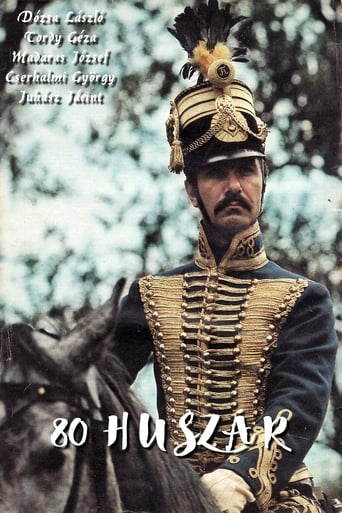
13 Sep 1978

The film tells the story of a regiment of Hungarian hussars stationed in Poland. The hussars, mostly ordinary men, have heard news of the uprising and wish to return to the homeland to defend the newly independent country. The Empire, on the other hand, is firmly resolved that all Hungarian troops in the imperial army should be kept as far away from the trouble spot as possible, knowing that most soldiers would be loyal to Budapest rather than Vienna.
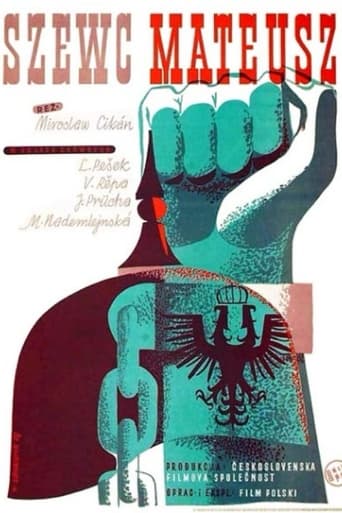
26 Mar 1948

The revolutionary year of 1848 brought great hopes among the hitherto silent classes, awakening social and national hopes. The response also penetrated the remote countryside, even as far as the Podkrkonoše Mountains. The young shoemaker there began to take an interest in social and political events, and he also experienced disappointment in later developments.
23 Dec 1949
The Czech revival movement is divided at the end of the first half of the 19th century. While the older generation, such as František Palacký, urges restraint, students lean towards radical positions. A report on the revolutionary events in Paris prompts Czech Prague residents to write down the demands of the Czech nation for self-determination and the proclamation of a constitution. Tensions peak during the All-Slavic Congress in Prague's Žofín. Vienna rejects the Czech demands and the congress is brutally dispersed by the Austrian police. Prague begins to build barricades...

03 Oct 2006

A documentary of the German national soccer team’s 2006 World Cup experience that changed the face of modern Germany.
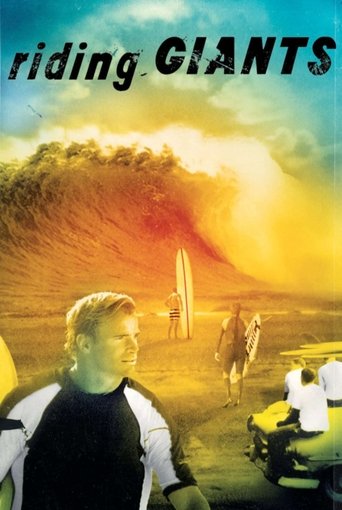
09 Jul 2004

Riding Giants is story about big wave surfers who have become heroes and legends in their sport. Directed by the skateboard guru Stacy Peralta.
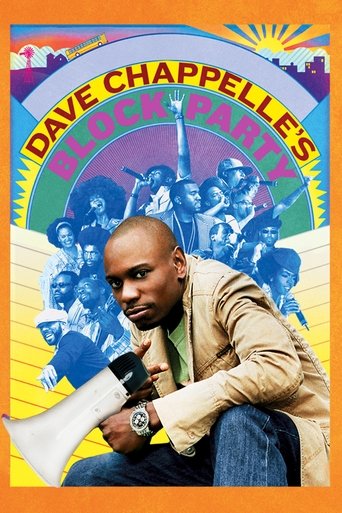
12 Sep 2005

The American comedian/actor delivers a story about the alternative Hip Hop scene. A small town Ohio mans moves to Brooklyn, New York, to throw an unprecedented block party.
01 Dec 1989
This documentary explores political repression and human rights abuses wreaked upon Chile by General Augusto Pinochet in the 1970s and 1980s.
08 Nov 1942
The public walk through the grounds of Kew Gardens and enjoy the flowers. Meanwhile, serious botanical research is conducted behind the scenes.

24 Jul 1996

Biography of Marlene Dietrich using interviews, film clips and rare footage of the actress, including her own home movies.
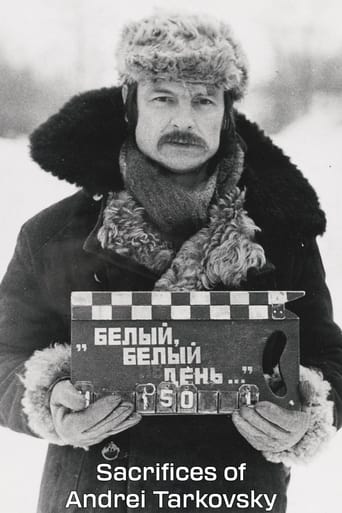
04 Apr 2012

Dedicated to the 80th anniversary of Andrei Tarkovsky. The film uses unique materials related to the years Tarkovsky spent in Italy, personal accounts of friends and professionals, the shooting locations of his films, to what degree his works reflects his personal life. The film brings us closer to the man to whom contemporary filmmaking owes so much.
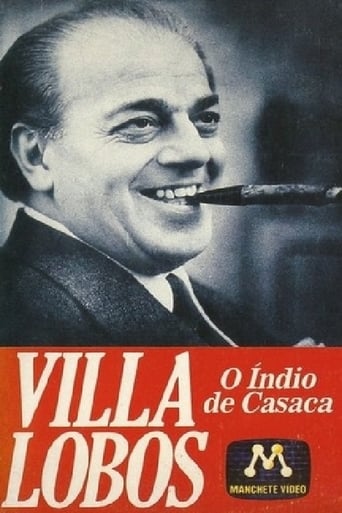
01 Jan 1987

No overview found
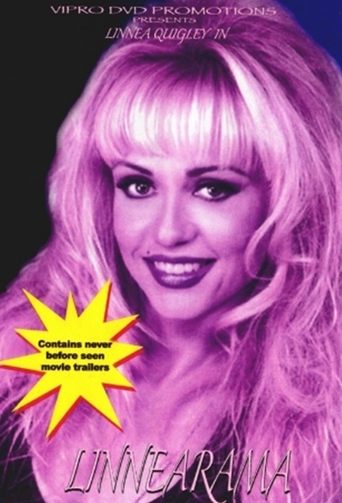
01 Jan 2005

Documentary about Scream Queen Linnea Quigley features acting clips, never before seen trailers, musical performances with The Manimals and her band The Skirts, music videos, home movies, TV appearances and more!
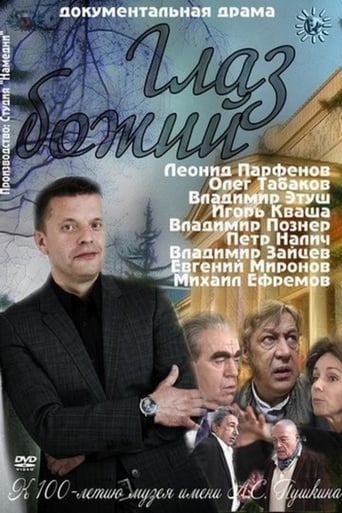
31 May 2012

The «Eye of God» is dedicated to the 100th anniversary of the Pushkin Museum. It shows how progressive and pro-West Russians can be, when it comes to comprehending the essence of beauty. Ivan Tsvetayev, a village priest's son, the founder of the museum, wanted the new generation of "Ivans" to understand that we are Europe, while Antiquity is our mutual cradle.

01 Jan 1989

This horror documentary is not the same as the 1986 TV special Stephen King's World of Horror nor the 1988 VHS release of the same name, which runs 45 minutes, was distributed by Front Row Entertainment and is about King himself. Instead, This Is Horror (copyright 1989) was a TV special which ran in four 60 minute increments. This new special used some framing footage from the original 'World of Horror' but is primarily newer interviews and behind-the-scenes footage about what was hot in horror in the late 80s. Here in the U.S., a condensed 90-minute version made its way onto video courtesy of Goodtimes in 1990. Elsewhere, the entire special was released as 2 different tapes running 90 minutes apiece. In the UK these were titled This is Horror: A Video Encyclopedia of Horror (Volumes 1 and 2) and in Germany they were called Best of Stephen King's World of Horror (Parts 1 & 2).
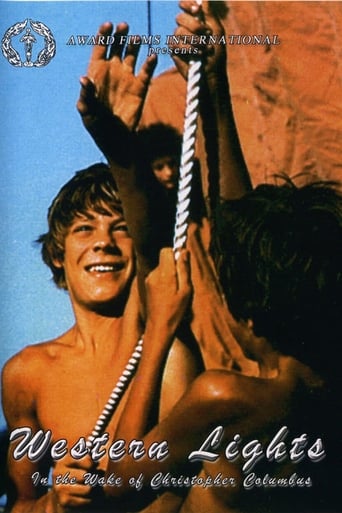
02 Jun 1990

This documentary is about 12 French teenagers (ages 10 to 15) who sail a large sailing ship (with the help of two or three adults), following the same course Columbus followed from Spain to the Yucatan Peninsula, with stops at various Caribbean islands.
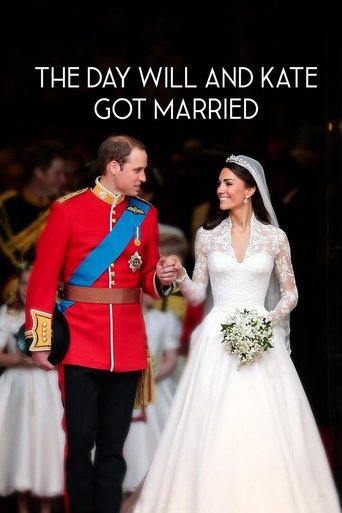
07 Apr 2021

Ten years on, The Day Will and Kate Got Married celebrates that momentous day through the memories of family, friends and insiders who played a part in it, including Kate’s uncle, Gary Goldsmith, speaking exclusively in his first ever TV interview, former Metropolitan Police commander Bob Broadhurst who was in charge of security on the day, royal historian Robert Lacey, plus the dress’s embroider, the cake-maker, choristers and Middleton family friends and neighbours.
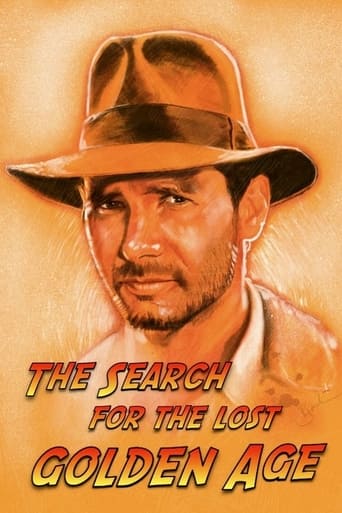
07 May 2021

Hawaii, May 1977. After the success of Star Wars, George Lucas and Steven Spielberg meet to find a new project to work on together, the former as producer, the latter as director. The story of how the charismatic archaeologist Indiana Jones was born and how his first adventure, released in 1981, triumphed at box offices around the world.